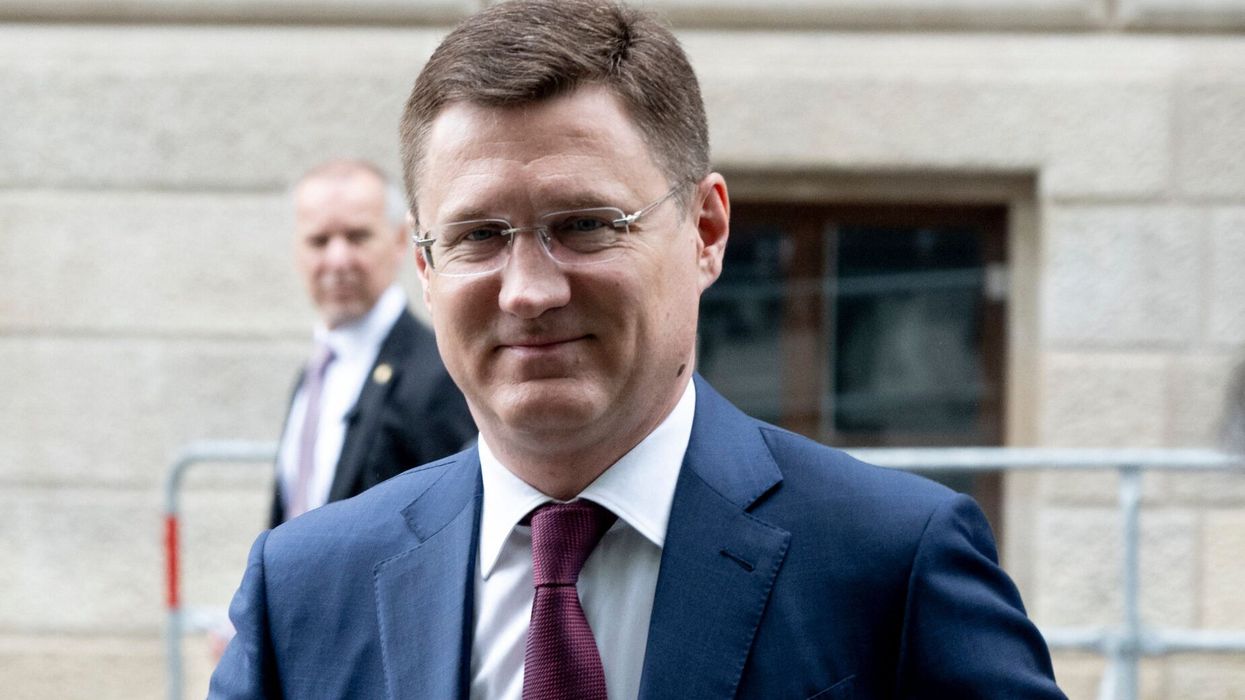RUSSIA redirected its oil exports from Europe to China and India, deputy prime minister Alexander Novak said last Wednesday (27), almost two years after Moscow was hit by sanctions over the Ukraine conflict.
After president Vladimir Putin sent troops to Ukraine in February 2022, Western countries hit Russia with a slew of sanctions including a European Union embargo on its seaborne oil deliveries. “We previously supplied a total of 40 to 45 per cent of oil and oil products to Europe,” said Novak, who is in charge of energy policy.
“This year, we expect the figure not to exceed four to five per cent of total exports,” Novak said in a televised interview.
As it was losing much of its market share in Europe, Moscow pivoted to other buyers including China.
“China – whose share [of oil exports] has grown to a major 45-50 per cent – and India have become our main partners in the current situation,” Novak said.
India, which previously received almost no shipment, has become a major buyer. “In two years the total share of supplies to India has increased to about 40 percent,” Novak said.
He said Russia had already started to forge ties with Asia-Pacific countries before the West introduced sanctions against Moscow and that China and India together accounted for around 90 per cent of its crude exports.
“As for those restrictions and embargoes on supplies to Europe and the US that were introduced... this only accelerated the process of reorienting our energy flows,” Novak said.
India has been able to snap up discounted crude from Russia before refining it and selling it to European customers, reports say.
While these sales are legal, critics say they amount to a backdoor route for Russian oil and undermine the impact of the sanctions.
Russia has also had to find new markets for its natural gas exports as Moscow cut its exports to EU nations, which have also looked for new suppliers.
In November, the United States sanctioned Arctic LNG-2 project, a massive liquefied natural gas project which is key to Moscow’s drive to open a northern maritime route linking Asia and Europe.
But Novak said the project was going ahead regardless.
“The Arctic LNG-2 plant is being constructed now, its first line has virtually started operating already,” he said, adding shipments were expected in the first quarter of 2024.
The project, which has an estimated cost of £16.6 billion, aims to achieve a production capacity of 19.8 million tonnes of LNG a year, using three production lines.
Industry sources said the project’s train had produced the “first drops” of LNG, but it will be some time before it reaches its nameplate capacity of 6.6 million metric tons per year.
The EU still imports sizeable amounts of Russian LNG.
Overall, despite multiplying sanctions in 2023, Novak said the Russian energy industry had successfully held up.
Novak said he expected Russian oil and gas revenues will amount to almost nine trillion rubles ($98 billion) this year - a level similar to before the offensive began in 2021.
The oil and gas industry accounts for 27 per cent of Russia’s gross domestic product, according to Novak, bringing in 57 per cent of Russia’s export revenues.
Novak said Russia was open to other buyers. “There are a lot of people who want to buy Russian oil. Latin American, African and other countries of the AsiaPacific region.” (AFP, Reuters)




